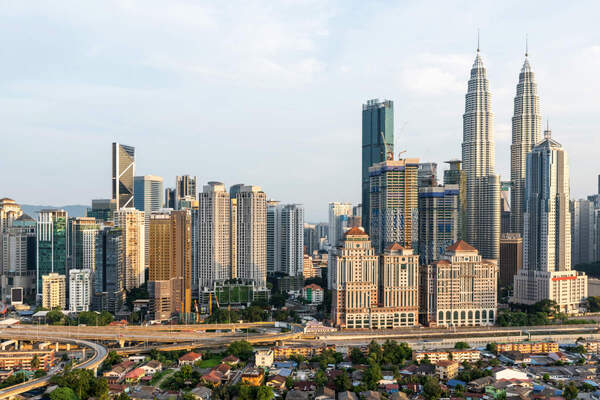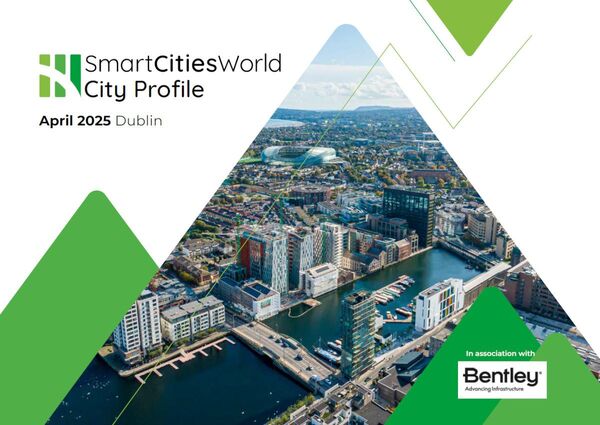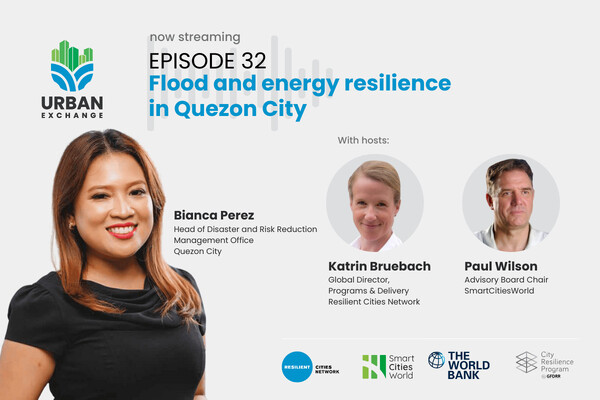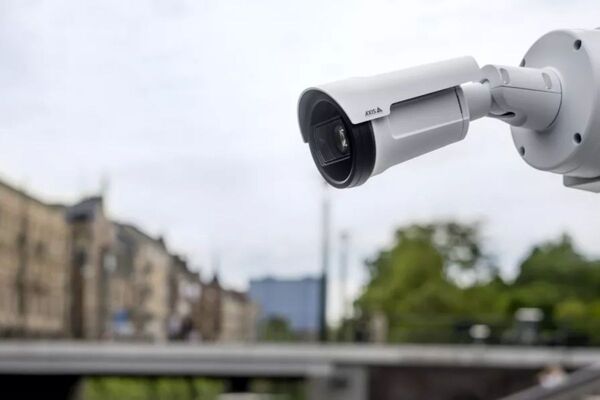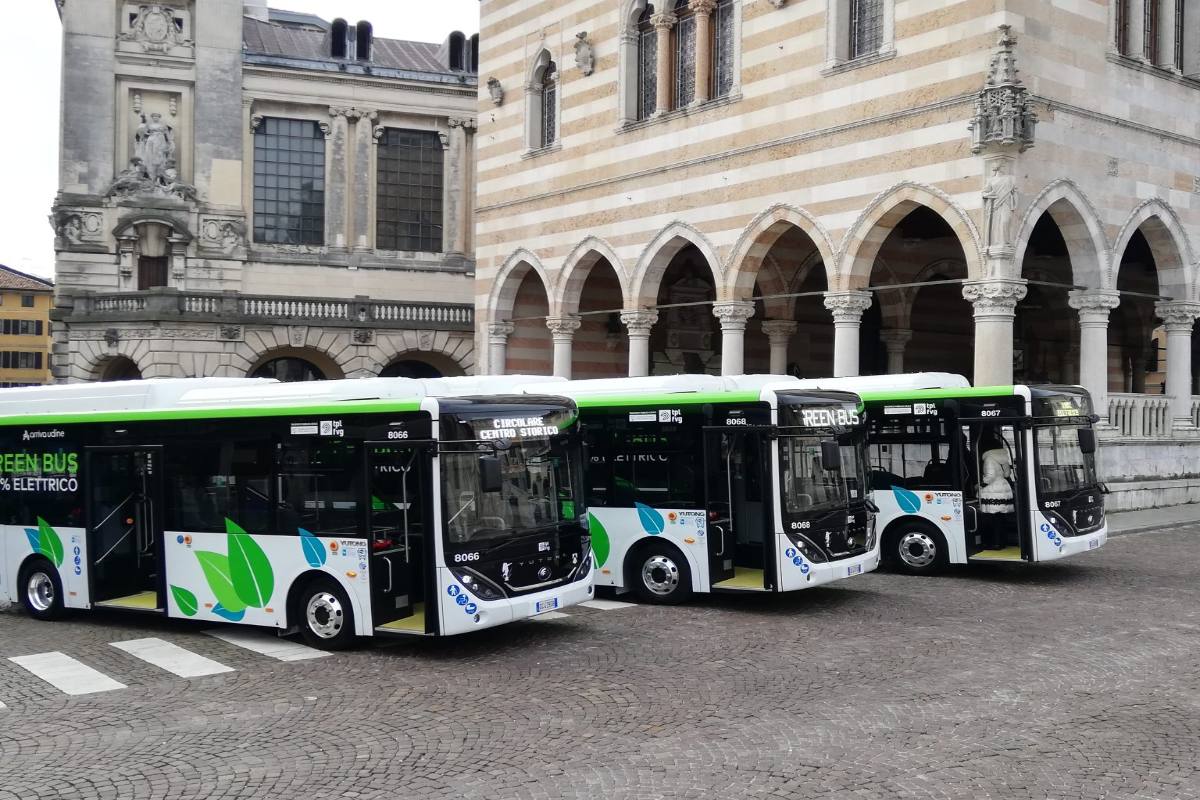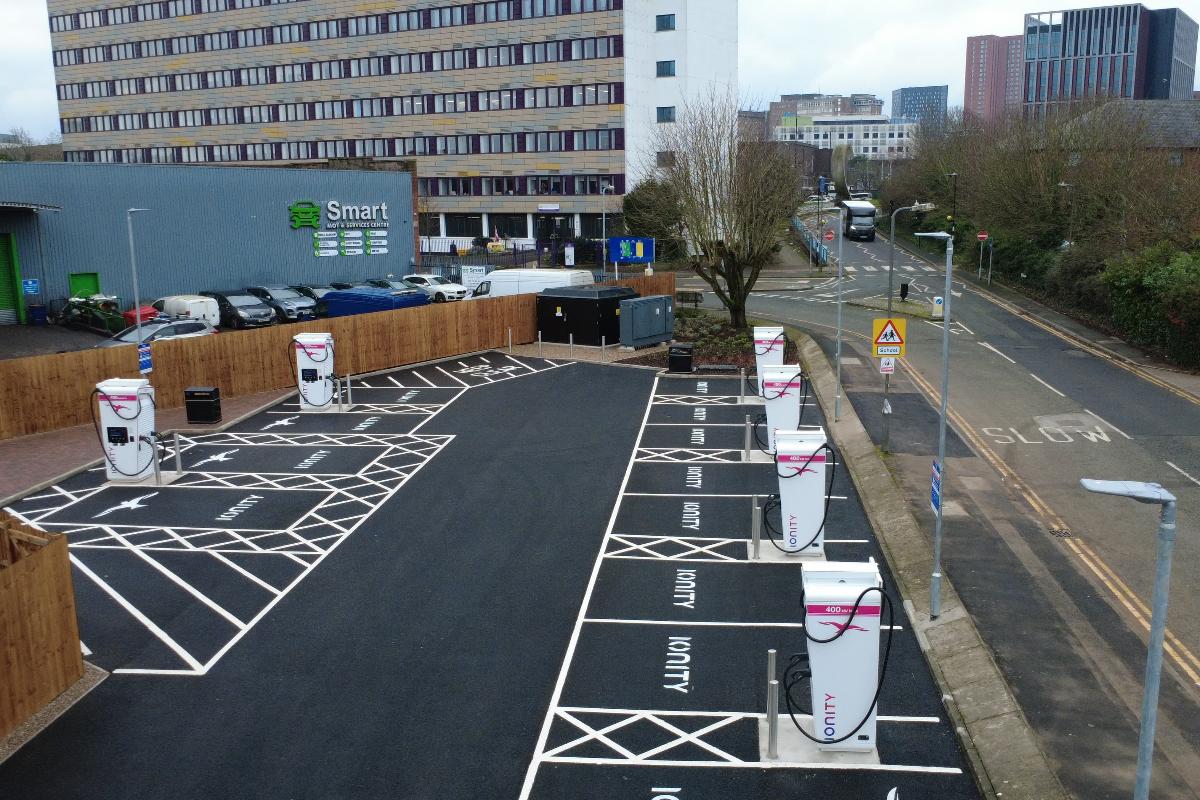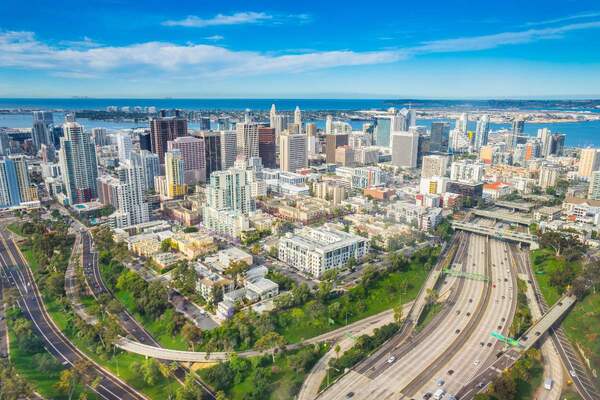BUILD YOUR OWN
RESOURCE LIBRARY
Opinions
Beyond video: how cameras as IoT sensors are changing city safety operationsSponsored by Axis Communications
Building smarter cities: scaling sustainability and efficiency with smart city platformsSponsored by ST Engineering
£21 million awarded for local smart energy ‘blueprint’ projects in the UK

Oh no, sadly you have viewed the maximum number of articles before we ask you to complete some basic details. Don't worry, it's free to register and won't take you longer than 60 seconds!
Latest City Profile
SmartCitiesWorld Newsletters (Daily/Weekly)
BECOME A MEMBER


